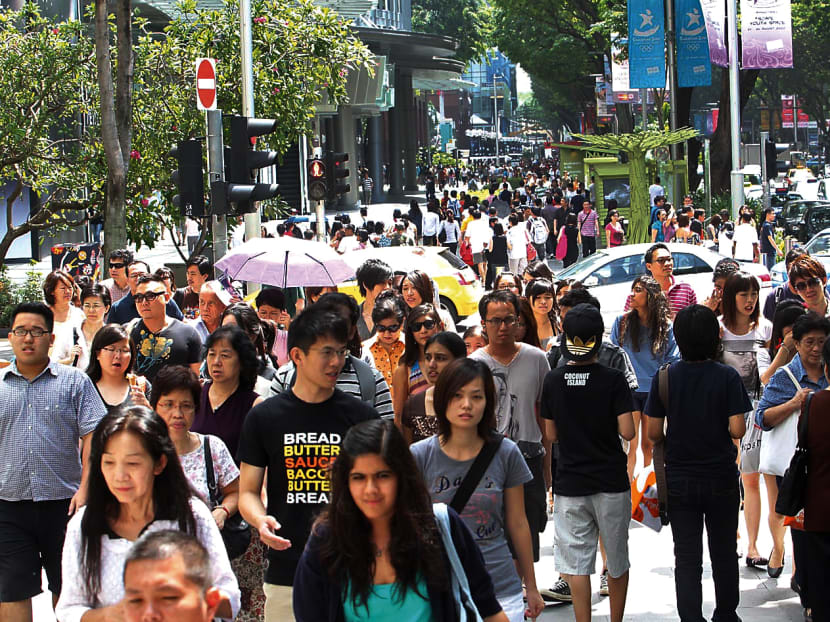Adults with higher literacy more likely to do volunteer work
SINGAPORE – Adults here with high literacy skills are more likely to take part in volunteer activities, possess high levels of trust and political efficacy, and report good health, than those with poor literacy, a study on adult skills has found.
SINGAPORE – Adults here with high literacy skills are more likely to take part in volunteer activities, possess high levels of trust and political efficacy, and report good health, than those with poor literacy, a study on adult skills has found.
According to the Survey of Adult Skills, more than half, or 53.4 per cent, of the adults here who recorded the highest levels of literacy proficiency said they participated in volunteer activities. The survey was conducted by the Organisation for Economic Cooperation and Development’s (OECD) Programme for the International Assessment of Adult Competencies.
By contrast, fewer than two in 10 adults here (17.9 per cent) who registered the lowest levels of literacy proficiency – at or below Level One – reported participation in volunteer activities.
The difference in participation rates stands at 35.6 percentage points, markedly higher than the average of 22.4 percentage points seen in the countries that participated in the survey.
There was also a positive correlation between literacy proficiency and levels of trust.
Adults who attained the highest levels of literacy proficiency – at Levels Four or Five – are 7.4 percentage points more likely than adults with the lowest levels of proficiency to have reported high levels of trust. This is, however, markedly below the OECD average of 16.1 percentage points.
On the measure of political efficacy – the sense of being able to influence the political process – adults with the highest literacy levels were 18 percentage points more likely to have reported high levels of this social outcome than those with the lowest proficiency levels.
Still, this is lower than the OECD average of 24.5 percentage points.
Those with the highest literacy levels were also 23.2 percentage points more likely than those with the lowest proficiency levels to have reported good health – a shade above the OECD average of 22 percentage points.
Spanning 34 economies, the study, which was conducted here between April 2014 and January last year, saw about 5,400 Singapore citizens and permanent residents aged 16 to 65 taking part.









